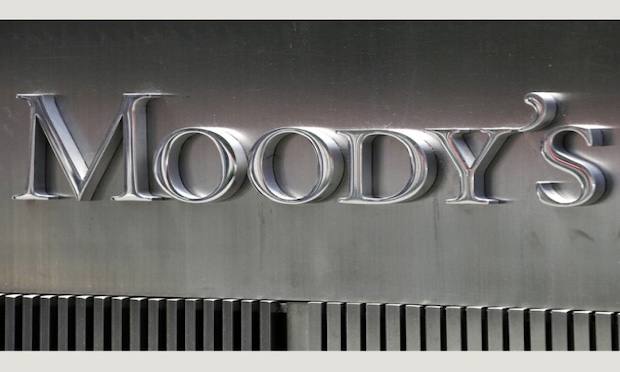Real Estate News
Diald AI Adds Moody’s Verified Property Data to Its Platform
The data covers more than 8 million verified U.S. commercial properties.

Diald AI is betting that more data—and smarter use of it—can set its platform apart. The proptech startup has struck a deal to integrate validated information on more than eight million U.S. commercial properties from Moody’s, a move founder and CEO Steven Song called a major expansion of what users will be able to access.
“There are actually a lot of data aggregators,” Song told GlobeSt.com. What most of those firms provide, he explained, are raw datasets for human analysts to parse. Zoning information, for instance, is useful as a numerical data point. But it doesn’t tell the full story of a neighborhood or capture the subtleties investors, planners, and underwriters often need.
Diald’s approach, Song said, differs in two key ways. First, the company integrates what he described as AI agentic workflows—artificial intelligence processes that can act on behalf of zoning lawyers, planners, analysts, and underwriters, effectively creating a vertical workflow. Second, Diald has developed what Song called a “proprietary data flywheel,” which incorporates historical information and client data into a structure that powers benchmarking algorithms and asset analysis.
At the center of the system are 19 AI agents designed to emulate human experts. Those agents can read tens of thousands of documents in short order and extract the relevant details. The platform also goes well beyond traditional data by drawing on a wide base of unstructured information, from community review board documents and local news articles to Yelp reviews—material that reflects the real-world feel of a location but doesn’t fit neatly into conventional databases.
“Real estate people continuously encounter new sites,” Song said. He pointed to his own experience of knowing Brentwood well but feeling like a visitor just a short drive away in East L.A. “I know that there are a couple of really good Chinese restaurants, but that place is alien to me.” That kind of contextual knowledge, he said, is what Moody’s data—covering transaction histories, submarket performance, economic trends, rent comps, and sales comps—helps systematize. “Anything you can turn into a table or chart,” Song added, “before we apply zoning insights, market sentiment, and narrative structuring.”
The partnership, he said, is a two-way street. While Diald gains access to Moody’s deep property datasets, Moody’s is also exploring how the startup’s AI-driven qualitative insights could enhance its own product offerings. “This partnership is built on mutual value,” Song told GlobeSt.com. “It’s a strategic fit.”
To achieve this, Diald relies on generative AI large language models to parse verbal data, paired with machine learning to interpret results and apply them in context. The company uses cross-referencing and restricts data access to minimize the risk of so-called hallucinations, where large language models sometimes deliver convincing but inaccurate outputs. For Song, the combination of structured Moody’s data with Diald’s unstructured intelligence and AI workflows is what gives the platform its edge.
Source: Globe St.